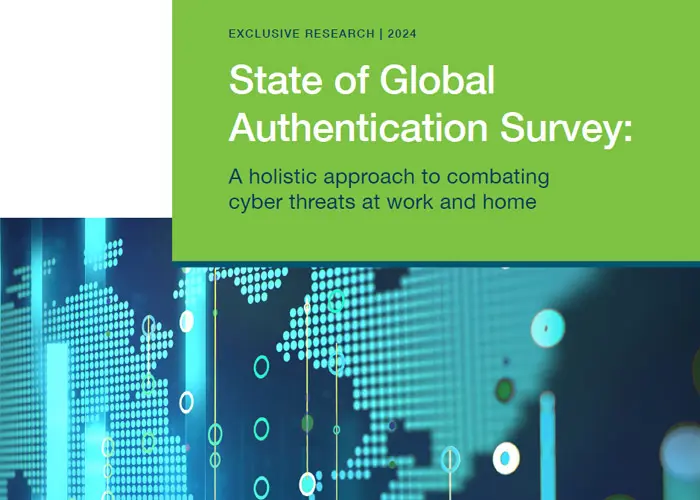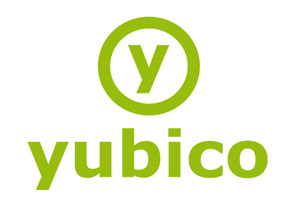Cybersecurity breaches and phishing schemes are not just a concern for IT departments or tech-savvy individuals. They also pose significant risks to the general public, particularly in the age of Artificial Intelligence (AI). As the sophistication of cyber attacks and online scams continue to evolve, it’s more crucial than ever for individuals to remain vigilant both in their personal and work lives.
Despite the rise in cyber threats, many people do not have a holistic view of security. While organizations often try their best to implement stringent security protocols at work, our findings show employees are falling behind in maintaining their own cybersecurity practices at home. This gap leaves not only individuals’ personal data at risk but also exposes employers to potential vulnerabilities.
Yubico commissioned a global survey, with respondents from Australia, France, Germany, India, Japan, Poland, Singapore, Sweden, United Kingdom and the United States to investigate the global impact of cyber insecurity, both personally and in the corporate realm. Our research into the current state of personal and workplace cybersecurity reveals alarming trends such as the widespread underuse of multi-factor authentication (MFA) and the largely reactive nature of many people’s responses to cyber threats. By conducting a comprehensive survey across multiple countries, we explored the risks posed by inadequate security practices and the impact this has on both personal and organizational safety.
Our findings highlight the need for a holistic cybersecurity strategy that encompasses both home and work environments. This includes adopting stronger authentication methods to become phishing-resistant, fostering a culture of security awareness through consistent employee training, and more. Ultimately, building a unified front against cyber threats requires a concerted effort to bridge the gap between perceived and actual security. By integrating advanced security measures into all aspects of our digital lives, we can better protect ourselves, our data, and our organizations.


